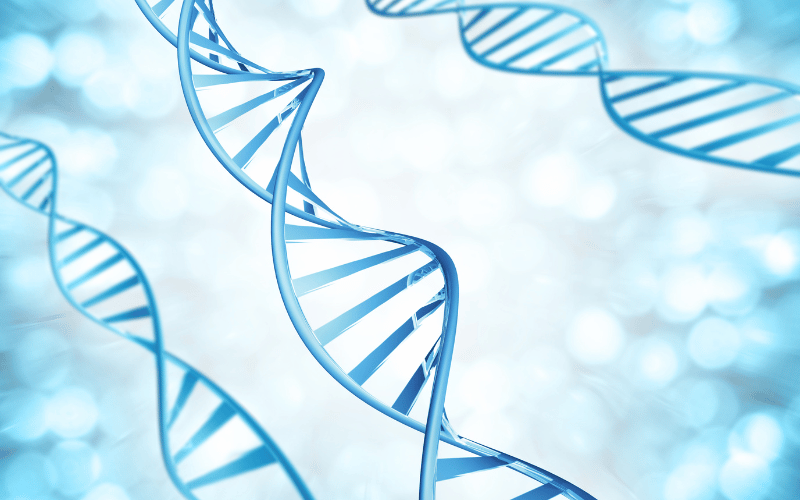Fact 6: The Role of Genetics – Inheritance Patterns and Risks

Understanding the genetic underpinnings of Crouzon syndrome is essential. This condition typically follows an autosomal dominant inheritance pattern. This means that only one copy of the mutated gene, usually inherited from one parent who either has the syndrome or carries the mutated gene, is sufficient for a child to develop the condition.
The primary cause of Crouzon syndrome is mutations in the FGFR2 gene. These mutations are often spontaneous, meaning they occur randomly and are not inherited from parents. However, once a mutation is present, there is a 50% chance in each pregnancy that the affected parent will pass on the mutated gene to their child.
For families affected by Crouzon syndrome, understanding these genetic risks is crucial. It guides family planning and informs decisions about future pregnancies. Genetic counseling becomes an invaluable resource, offering insights into the risks, implications, and testing options available to families.
Genetic testing can confirm the presence of FGFR2 mutations and aid in diagnosing Crouzon syndrome. Genetic counseling provides a platform for affected individuals and their families to understand the nature of the condition, its inheritance pattern, and the implications for current and future family members.
Grasping the genetic aspects of Crouzon syndrome is key to managing its implications. Through genetic testing and counseling, families can make informed decisions, understand their risks, and receive the support needed to navigate this aspect of the condition. (6)